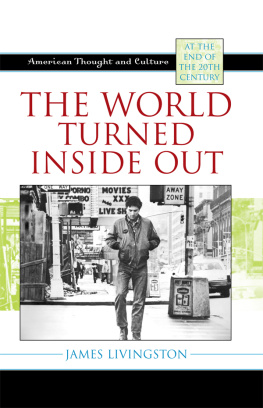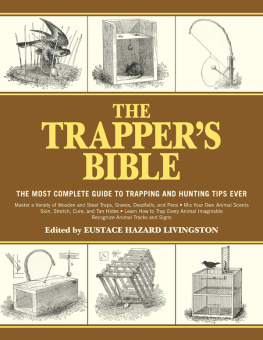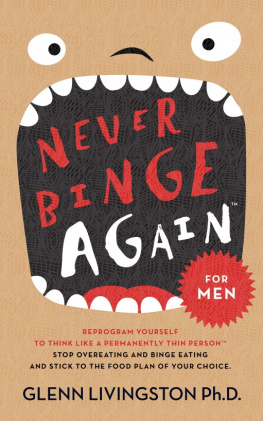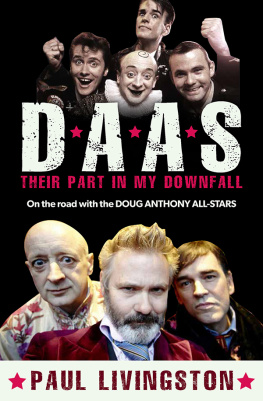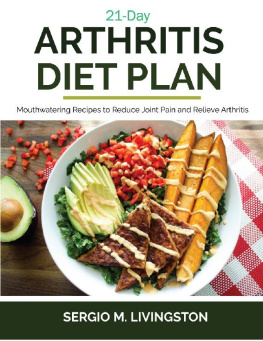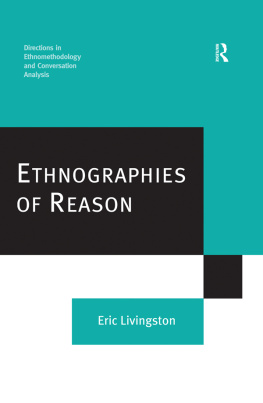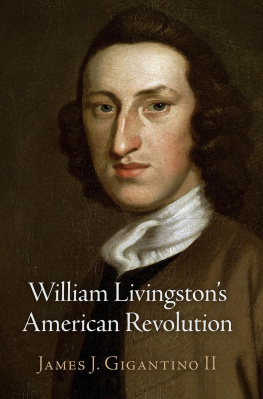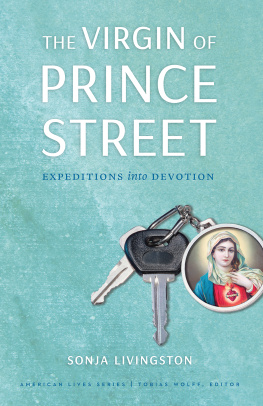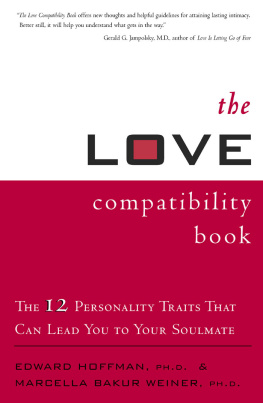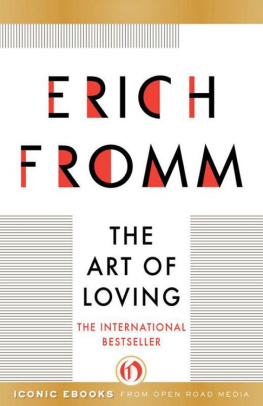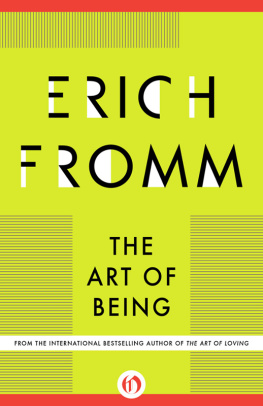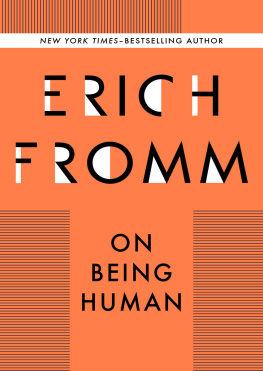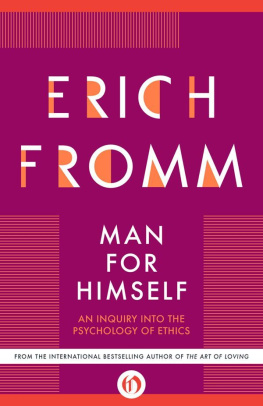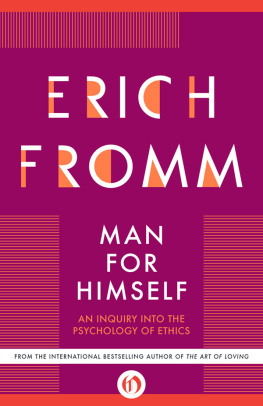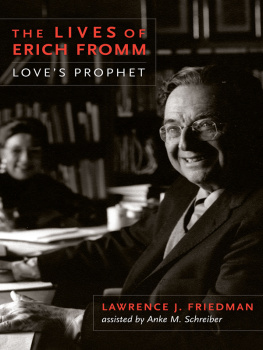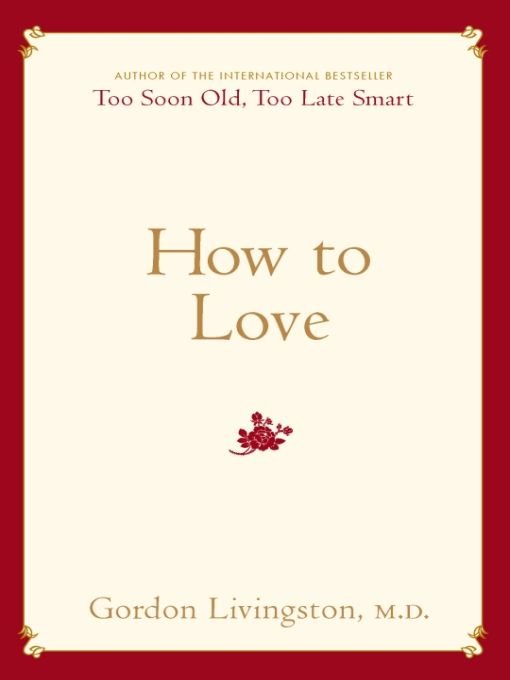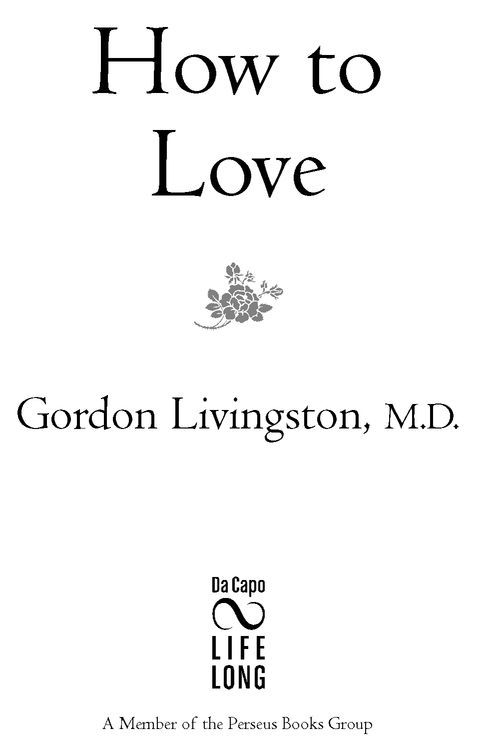Table of Contents
Also by Gordon Livingston
Only Spring:
On Mourning the Death of My Son
Too Soon Old, Too Late Smart:
Thirty True Things You Need to Know Now
And Never Stop Dancing:
Thirty More True Things You Need to Know Now
To Clare
Who taught me all I know about love and still trusts me enough to fall asleep beside me.
Acknowledgments
Any book on a subject as complex as love depends on borrowed thoughts. While many of the interpretations contained herein are my own, I have relied on the numberless contributions of members of my profession who have help organize the descriptions of human behavior into the patterns described in the Diagnostic and Statistical Manual of the American Psychiatric Association. Like our Constitution, this is an evolving document that is on the verge of its fifth edition. I have not named any of the many people who have enlarged our understanding of personality structure and you can be sure that in their next books they will not name me.
Matthew Lore, my longtime editor and friend, played a major role in encouraging the birth of this book. John Radziewicz directed its completion with an astute editorial eye and a kind heart. The rest of the hospitable and hard-working Da Capo staff have been supportive and efficient. My agent, Rafe Sagalyn, again provided invaluable guidance through the frequently confusing world of publishing.
My daughter Emily, when not defending the rights of the accused of Montgomery County, Maryland, applied her considerable discernment to reading early drafts of the manuscript. Her mother Clare remains my model for the virtues of those we seek to cherish.
First deserve, then desire.
The choices we make, choices on which our happiness largely depends, involve judgments about the people we encounter as we travel through life. Whom can we trust? Who will bring out the best in us? Who will betray us? Who will save us from ourselves? These judgments are important in direct proportion to the closeness of the relationship. If we are deceived by a salesperson, we have lost only money. If we give our hearts to someone unworthy of the gift, we lose more than we can afford.
To be in the presence of another person who accepts us as we are, gives us the benefit of the doubt, cares what we think, and assumes we will act generously is an immensely gratifying experience. We are drawn to such people, both because they are unusual and because they encourage us toward similar behavior. If someone treats us this way consistently we come to love them, sometimes in spite of ourselves.
We do not choose our families. We are fortunate if we spend our formative years with people who are reliable sources of affection, kindness, and self-control. Not all of us are this lucky, and so we frequently emerge into adulthood burdened by certain interpersonal habits and self-esteem deficits that we either overcome or pass on to a new generation of children. At some point as grown-ups, we learn that our behaviors define us more than any thoughts or feelings we might experience. In other words, we are what we do. And we begin to make choices about who we want to be and whom we want to be with.
Each of us carries around a picture in our minds of the perfect life partner. Sometimes, of course, this fantasy is just a mirror image of ourselves that allows for certain physical dissimilarities. In other cases the desired person will be the repository of all the qualities that we admire but lack. This complementary image can often be reduced to a list of attributes that we imagine will make someone perfect for us. As we encounter people, we match them to our mental lists to decide if we want to see more of them. The person we finally fall in love with tends, in the end, to be similar to us in most important respects, including intelligence, social class, and shared interests. Like marries like is the rule of thumb. Along the way to finding this person, we typically have our hearts broken a time or two. But we push on until we encounter someone who has most of the traits we think are important and who agrees for his or her own reasons to link their life to ours.
Then, over time, we become bored if were lucky, antagonistic if were not. The love of our youth becomes the bane of our middle age. If you think this formulation is overly cynical, look around you. How many of the established marriages with which you are familiar would you describe as fulfilling? And you are sampling only unions that have survived, so far.
People change over time is the usual explanation for falling out of love with the person to whom we promised eternal fidelity. And who can deny it? We are not the people we were yesterday, much less who we were ten or twenty years ago. And yet, how many of us change our fundamental beliefs and personalities as we age? It seems to me that there is a deeper problem in evaluating people and what they will become. We are simply not trained to think in terms of constellations of character traits and what they imply in terms of both compatibility and future conduct.
How much easier would it all be if we were more like our major appliances and came with owners manuals, full of useful information on how to operate our bodies and spirits in efficient, pleasure-inducing ways. If there were such a manual it would surely contain a chapter on how to recognize people to be wary of and people to cherish.
In my experience as a therapist, I have found that the pitfalls most people encounter in their pursuit of happiness reflect some difficulty in apprehending what is true about themselves and the people they are closest to. We are, in effect, navigating with faulty maps of how the world works. To correct these maps does not require therapy. Most people find their way by trial and error. The problem with this approach, beyond the randomness of its outcomes, is that our lives are finite. Each of us has an indeterminate but limited time to figure out how to navigate accurately. And many people show a peculiar tendency to replicate rather than correct mistakes. Whether this is just a testimony to the power of habit or the triumph of hope over experience is unclear.
What we must learn to do is look beneath the surface of our lives and recognize that much of what we are depends on emotions and motivations outside our consciousness; these feelings reside in the realm of long, unexamined habit. Our personal styles are simply the usual way we interact with others. And the paradox is this: Our greatest strengths are our greatest weaknesses. Even our capacity for love can betray us; taken to obsessive extremes, it can beget something very like hate.
In our attempts to find happiness and surround ourselves with people who will help us reach this goal, we are faced with the elemental truth that we are entitled to receive only what we are prepared to give. Most of us eventually realize that the person of our dreams, even if we are lucky enough to find him or her, will have their own needs and desires that we may or may not be able to satisfy. This is why it is important to cultivate in ourselves those traits of character that we value in others. And given our human fallibility, the most important quality may turn out to be the ability to forgive.


